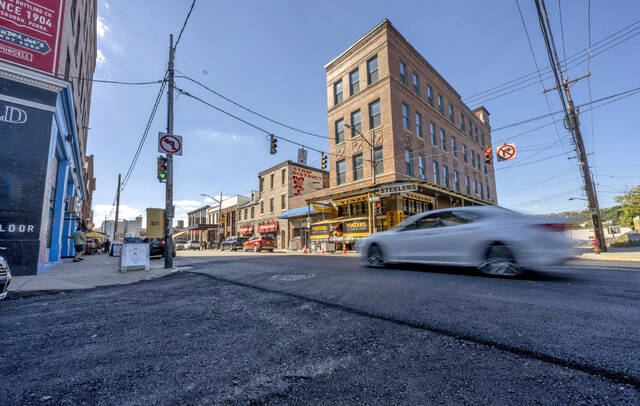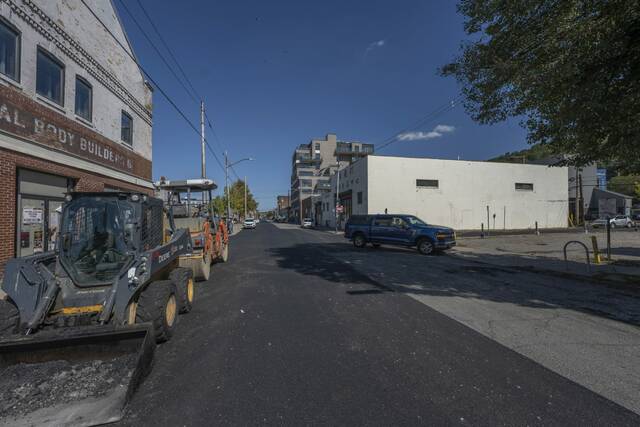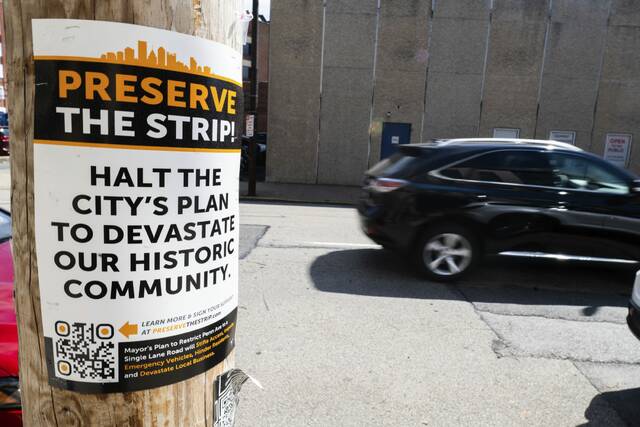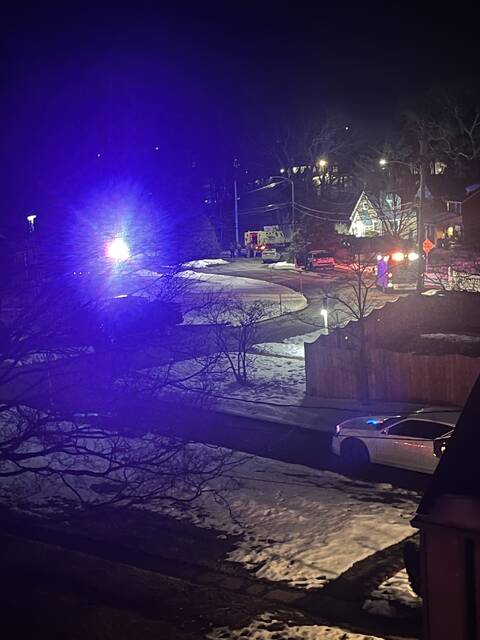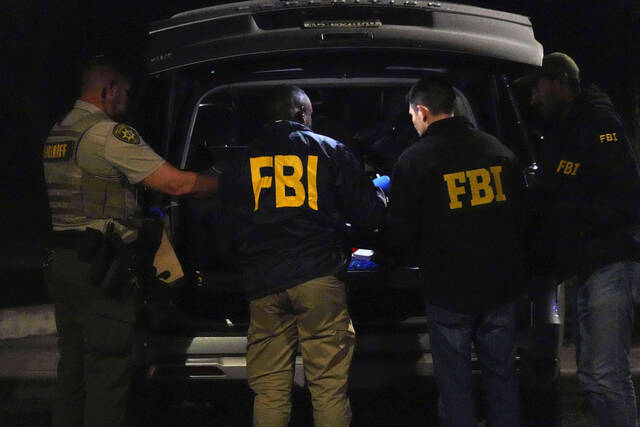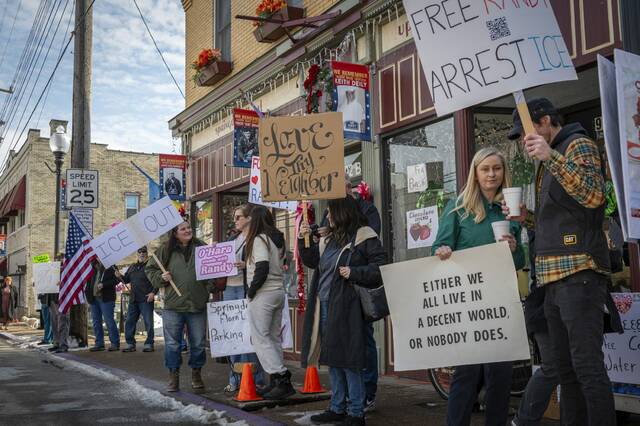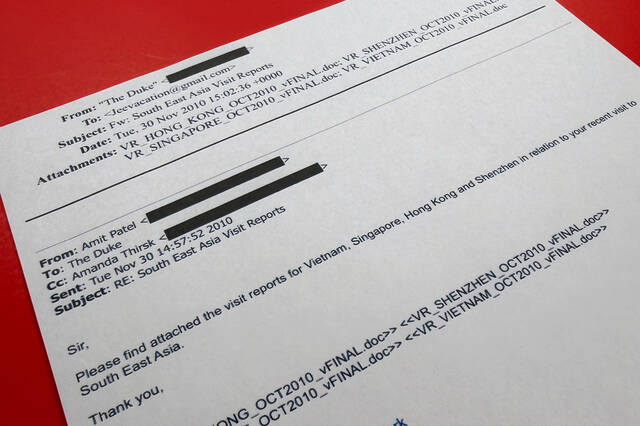Last week, a judge agreed to block Pittsburgh from changing one lane of traffic into a bike lane along part of Penn Avenue in the Strip District.
But the injunction never took effect because of a technicality.
The plaintiffs — the Strip District Business Association — were supposed to put up money to compensate the City of Pittsburgh for any damages from project delays.
Pittsburgh’s lawyers sought a $112,000 bond — an amount the businesses considered exorbitant.
When John Daller, the association’s attorney, asked the city to justify the amount, its lawyers couldn’t, Daller said.
“The city showed absolutely no damages they’d be liable for,” Daller told TribLive.
Now the business coalition is dragging the city back into court for a hearing Wednesday before Allegheny County Common Pleas Judge Alan Hertzberg, who granted the injunction last week. They want the bond to be a nominal amount.
Meanwhile the city has moved ahead with its project.
Olga George, a spokeswoman for Mayor Ed Gainey, defended the work.
“The city commenced milling and paving work on the roadway because no injunction was in effect at the time and is still not in effect,” George said.
Daller agreed that no violation of the injunction had occurred.
Still, he questioned why the city’s attorneys would insist on such a large bond from a bunch of local merchants.
“They’re a group of small-business owners serving the local community,” Daller said. “That’s very difficult for them to free up that kind of money.”
The city’s project — described as part of an effort to reduce traffic crashes — proposes converting two inbound lanes of Penn Avenue between 22nd and 31st streets to a single lane of traffic and adding a bike lane.
There were 87 wrecks on the road between 2020 and 2024, the city has said.
Last month, the Strip District Business Association sued Pittsburgh’s Department of Mobility and Infrastructure, alleging the changes will harm their businesses and might impact public safety.
The single lane of traffic would be only 15 feet wide, Daller said. But the international fire code adopted by the city requires a lane to be 20 feet wide.
Daller said when he asked the city for the documentation to justify the $112,000 bond, Pittsburgh’s attorneys provided three contracts totaling 202 pages — “for milling, paving and asphalt to encompass the entire city for multiple years,” the motion said.
The city’s attorneys said the information regarding the delay penalty was in the documents, Daller wrote in a court filing.
“Upon review of the 202 pages submitted, nowhere within does it require any penalty for delay by the city,” Daller wrote. “On the contrary, the city can limit or choose to have no work done without penalty.”
In fact, Daller continued, the only penalty in the contracts at all is imposed on the contractor for delaying the work.
When Daller followed up with the city, he wrote, attorneys for Pittsburgh were “unable to substantiate where the $112,000 alleged penalty for delay” comes from.
Instead, they told him that they would present the information in front of the judge.
“It’s been very eye-opening to see your city not being fair to the businesses,” said Jim Coen, the head of the business association and owner of Yinzers in the Burgh. “They’re ruthless.”


